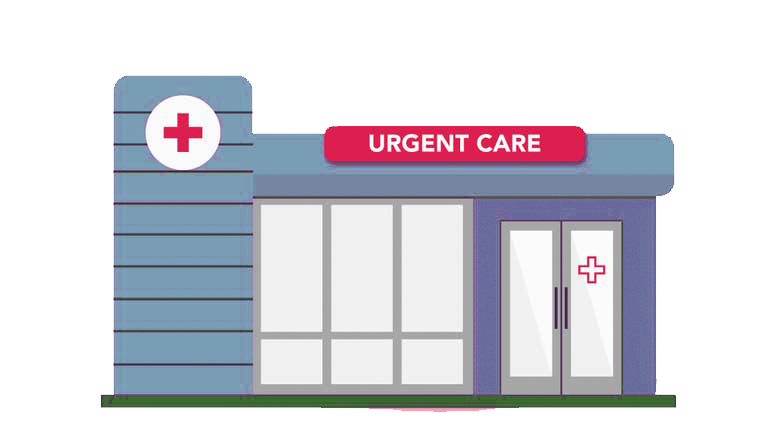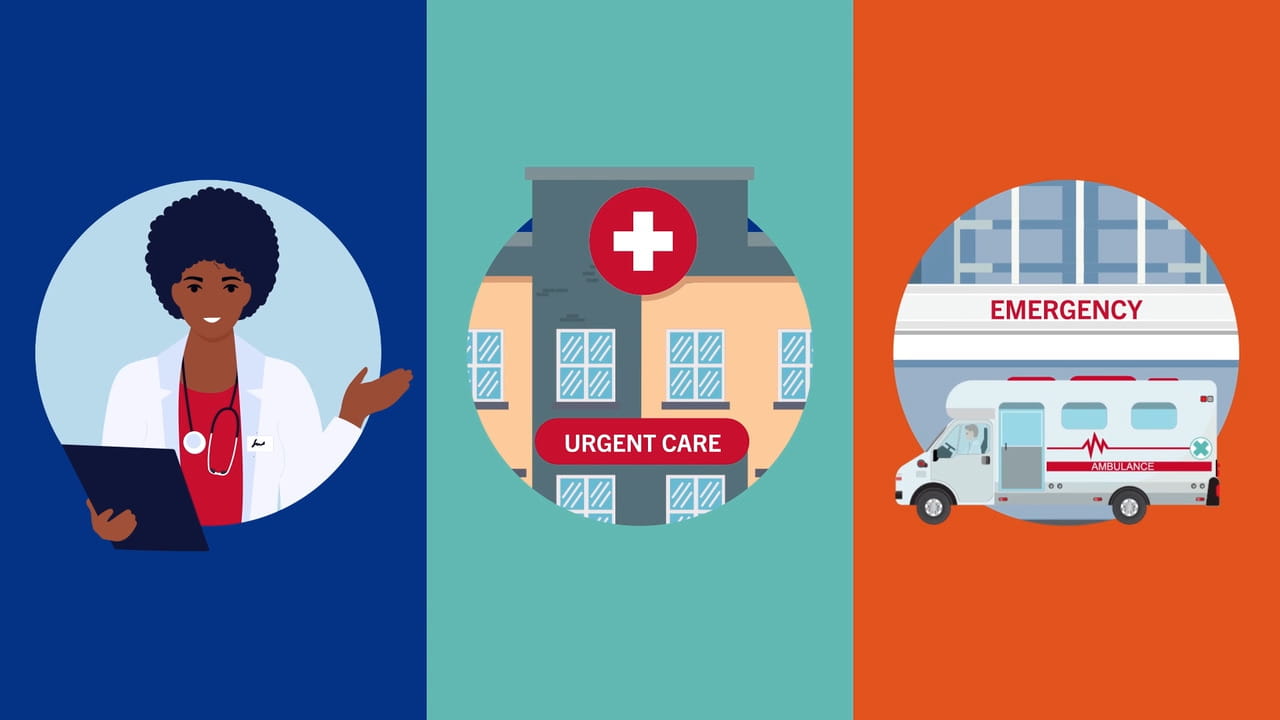Comprehending the Value of Urgent Treatment Services for Non-Life-Threatening Medical Issues
The relevance of urgent treatment services for non-life-threatening clinical issues can not be overemphasized, particularly in today's health care landscape. By comprehending the benefits of urgent care, such as lowered delay times and cost performance, one can much better value their duty in person wellness administration.
What Is Urgent Care?
Urgent treatment describes a group of medical solutions developed to resolve non-life-threatening conditions that need immediate interest but do not warrant a browse through to the emergency clinic. These facilities offer a bridge in between health care and emergency situation solutions, using obtainable healthcare alternatives for people experiencing acute clinical issues, such as minor fractures, strains, infections, or serious diseases that develop unexpectedly.

The scope of solutions given by immediate care centers can vary however usually includes treatment for common disorders like colds, flu, and allergic reactions, in addition to small injuries (urgent care). Furthermore, many immediate care facilities use preventative solutions, such as inoculations and physical examinations, to resolve broader wellness requirements. By offering a practical option for immediate clinical issues, these facilities play an important function in the health care continuum, ensuring that people obtain ideal treatment when they require it most
Advantages of Urgent Care Provider
Many people discover that using immediate treatment solutions offers considerable benefits over typical emergency room check outs or waiting for a key care appointment. Urgent treatment centers generally have much shorter wait durations, permitting patients to get prompt clinical attention when they require it most.
One more advantage is the extended hours of procedure. Numerous urgent treatment centers are open evenings and weekends, accommodating people who may not be able to see their medical care medical professional during normal office hours. This adaptability makes it simpler for individuals to accessibility care at their comfort.
Additionally, immediate care solutions frequently use an economical alternative to emergency clinic. When seeking treatment for minor conditions at immediate treatment facilities instead than hospital emergency situation departments., clients regularly deal with lower co-pays and total expenses - urgent care.
Lastly, immediate treatment facilities are furnished to deal with a selection of non-life-threatening concerns, offering a broad range of services under one roof. This thorough approach not just streamlines the treatment procedure yet also improves client fulfillment by supplying effective and prompt care.
Common Problems Treated
What kinds of non-life-threatening problems can people expect to receive therapy for at urgent treatment centers? Immediate treatment centers are equipped to take care of a vast range of common clinical concerns that require timely focus however do not posture an instant hazard to life. These facilities generally treat problems such as small cracks, strains, and stress, providing necessary click reference take care of injuries that take place throughout everyday activities or sports.
Furthermore, clients regularly look for therapy for respiratory infections, including colds, influenza, and respiratory disease, where timely treatment can ease symptoms and stop problems. Skin problem such as breakouts, insect attacks, and minor burns are also frequently attended to, as prompt treatment can minimize discomfort and lower the risk of infection.

Comparing Urgent Care and Emergency Clinic

One significant distinction exists in wait times; immediate treatment facilities commonly have shorter delay times compared to emergency clinic, which can be crowded with more important cases. This efficiency allows people to get timely therapy for their disorders.
From an economic perspective, urgent treatment visits have a tendency to be cheaper than emergency clinic visits. Insurance coverage copays and out-of-pocket costs are typically reduced at immediate care centers, making them an extra cost-effective option for non-emergency situations.
How to Select an Urgent Treatment Facility
Picking the appropriate immediate care facility can significantly improve the top quality of care obtained throughout a non-life-threatening medical problem. When choosing an urgent treatment center, numerous key aspects must be considered.
First, analyze the center's accreditation and licensing. Seek centers that are recognized by acknowledged organizations, as this indicates adherence to quality standards. Next off, evaluate the variety of solutions supplied. Some urgent treatment facilities focus on specific areas, while others supply extensive treatment for numerous clinical problems.
Additionally, take into consideration the area and hours of procedure. A conveniently situated center with extensive hours can be vital find out here now for prompt treatment. It's also a good idea to inspect the facility's wait times and patient testimonials, which can offer understandings right into the general individual experience.
Conclusion
In final thought, immediate treatment services play an important function in resolving non-life-threatening medical problems successfully. Eventually, comprehending the importance of urgent treatment centers contributes to improved healthcare administration and individual satisfaction.
 By providing a convenient alternative for immediate clinical concerns, these centers play a vital role in the health care continuum, ensuring that people get proper care when they need it most.
By providing a convenient alternative for immediate clinical concerns, these centers play a vital role in the health care continuum, ensuring that people get proper care when they need it most.Many individuals find that using immediate treatment solutions gives substantial advantages over conventional emergency area check outs or waiting for a primary care appointment. Several urgent care facilities are open nights and weekend breaks, fitting individuals who may not be able to see their primary care doctor throughout routine workplace hours. Urgent care centers are made to attend to non-life-threatening problems, such as small fractures, infections, and illnesses, supplying a practical option to emergency situation rooms for those in requirement of immediate care. Some urgent treatment centers specialize in specific areas, while others give comprehensive care for various medical problems.